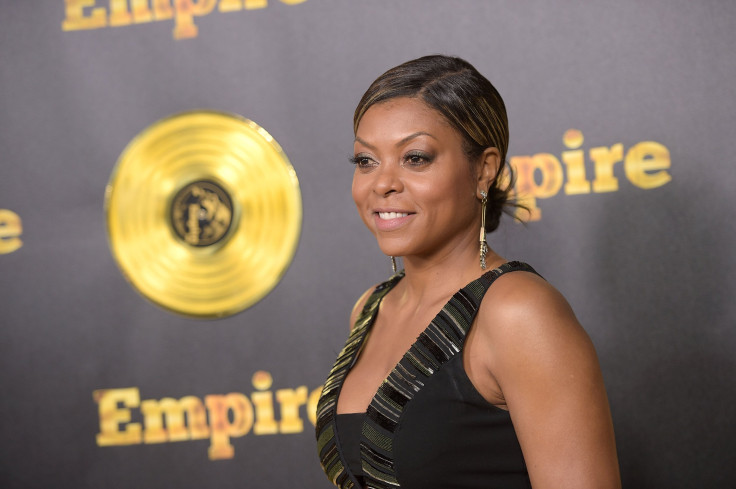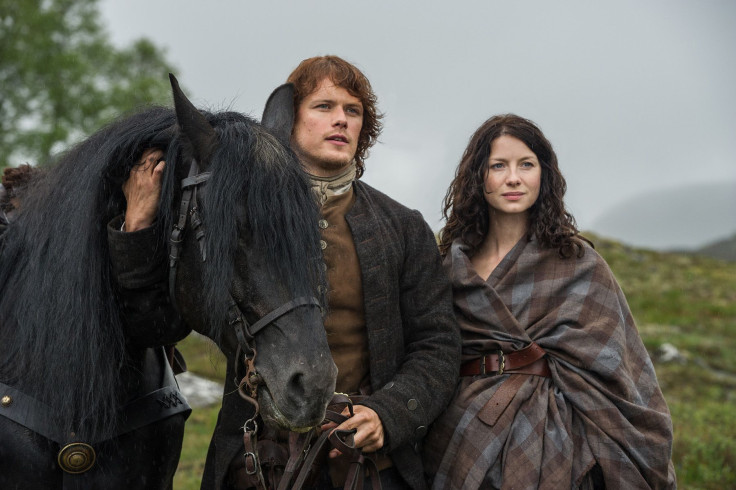Golden Globe TV Nominations 2015: Streaming Services Dominate, But How Much Do They Really Matter?

Of all the myriad trophy-giving ceremonies that serve as an excuse for rich, occasionally talented people to congratulate themselves every year, the Golden Globes are perhaps the most superfluous -- from a TV business perspective, at least. This year’s nominees, announced Thursday morning, follow the tradition of sometimes out-there picks, including surprise nods for likely Emmy snubs: Catriona Balfe (Starz’s time-travelling joint “Outlander”) and Eva Green (Showtime’s horror show “Penny Dreadful”) are in the running for Best Actress in a Drama.
But touchy-feely benefits aside, traditional TV series that grab Globes typically do not see gains in live ratings. Consider ABC’s “Lost,” which opened its second season in fall 2005 with 23.47 million viewers. It won the Golden Globe for Best Drama in January 2006, but ratings slid down to below 15 million right before its season finale that May.
More recently, Fox cop-comedy “Brooklyn Nine-Nine” won Best Comedy or Musical in January 2014, midway through its first season. (Star Andy Samberg also won Best Lead Actor in a Comedy or Musical.) Live ratings saw a brief lift of about a million viewers for the episode that aired two days after the win, then promptly continued their steady decrease.
Dubious Tradition
The Golden Globe Awards have been a Hollywood tradition for the past 72 years, though TV awards have, understandably, only been given since 1956. The voting body for the Globes is the Hollywood Foreign Press Association (HFPA), a collection of 90-odd journalists from international publications.
The resulting nominations and wins are refreshingly, sometimes amusingly eclectic, and frequently diverge from awards shows like the Emmys, as with Charlie Sheen’s Globes win for Best Lead Actor in a Comedy in 2002 for “Spin City.” The Emmy went to “Everybody Loves Raymond” star Ray Romano that September, while Sheen didn’t even nab an Emmy nod.

This was the year the HFPA members made use of their (probably free) streaming subscriptions, recognizing all three major streaming services that offer originals: Hulu, Netflix and Amazon. In the Best Comedy or Musical category, four out of the six nominees are from streaming services (Hulu’s “Casual,” Amazon’s “Mozart in the Jungle” and “Transparent,” and Netflix’s “Orange Is the New Black”).
The drama category remains the province of traditional TV, however. USA, generally sidelined in awards show conversation, hit paydirt with its new hacker thriller "Mr. Robot," which garnered nods for Best Drama; Best Lead Actor in a TV Drama (Rami Malek); and Best Supporting Actor in a TV Series, Miniseries or Movie (Christian Slater). Only one streaming drama made the cut in the Best Drama category: Netflix’s Pablo Escobar bio-series “Narcos.”
The HFPA tends to gravitate toward new, “outrageous” TV series, particularly those with a lot of star power both in front of and behind the camera. The high number of streaming nominees makes sense, then, as most of these series premiered in the past 12 months.
Notably, the Globe ceremonies are a boozy, much less uptight affair than the Oscars or Emmys, and so the organizers like to nominate talent that might make for a good party. The 2016 ceremony will air live on NBC on Jan. 10.
Going For the Gold
Networks and studios, blinded by the glare reflecting off those shiny spheres, host special screenings for these voters and ply them with food and alcohol at the Four Seasons in Los Angeles. Accusations of bribery, both outright and through extravagant gifts, have occasionally flown. These expenses (minus the aforementioned Schrödinger’s bribes), though, are built into networks’ budgets.
Snagging a Golden Globe nomination or win is nice for an actor -- particularly for those just breaking through, as Best Comedy Actress Gina Rodriguez (The CW’s telenovela-esque “Jane the Virgin”) did last year. For individuals, that kind of recognition, especially if that nomination turns into a win, provides a publicity boost and can actually translate into more dollars come contract negotiation time. And it’s a nice thing for a network to be able to tout its shows as winners, say network sources. Streaming services, which don’t release viewing figures, have to rely on awards-show buzz, rather than numbers-based popularity, to market their shows.

No Big Boost for TV
One reason is the Globes don't offer much help for TV shows is that the awards telecast itself isn’t exactly a ratings giant: around 19 or 20 million people tune in, which it isn’t nearly the draw of something like the Oscars. (For further perspective: This season of “The Walking Dead” averaged more viewers in the advertiser-coveted 18-49 demographic than the Globes typically does.)
And, as one network source reluctantly admitted to us, people simply trust their friends more than the HFPA when it comes to recommendations.
Of course, the lack of a live ratings bump doesn’t matter for the streaming services nominated, since their business model relies upon their number of subscribers rather than how many people are watching a show at any given time. Note to traditional networks: It might be time for a little more palm-greasing.
© Copyright IBTimes 2024. All rights reserved.






















